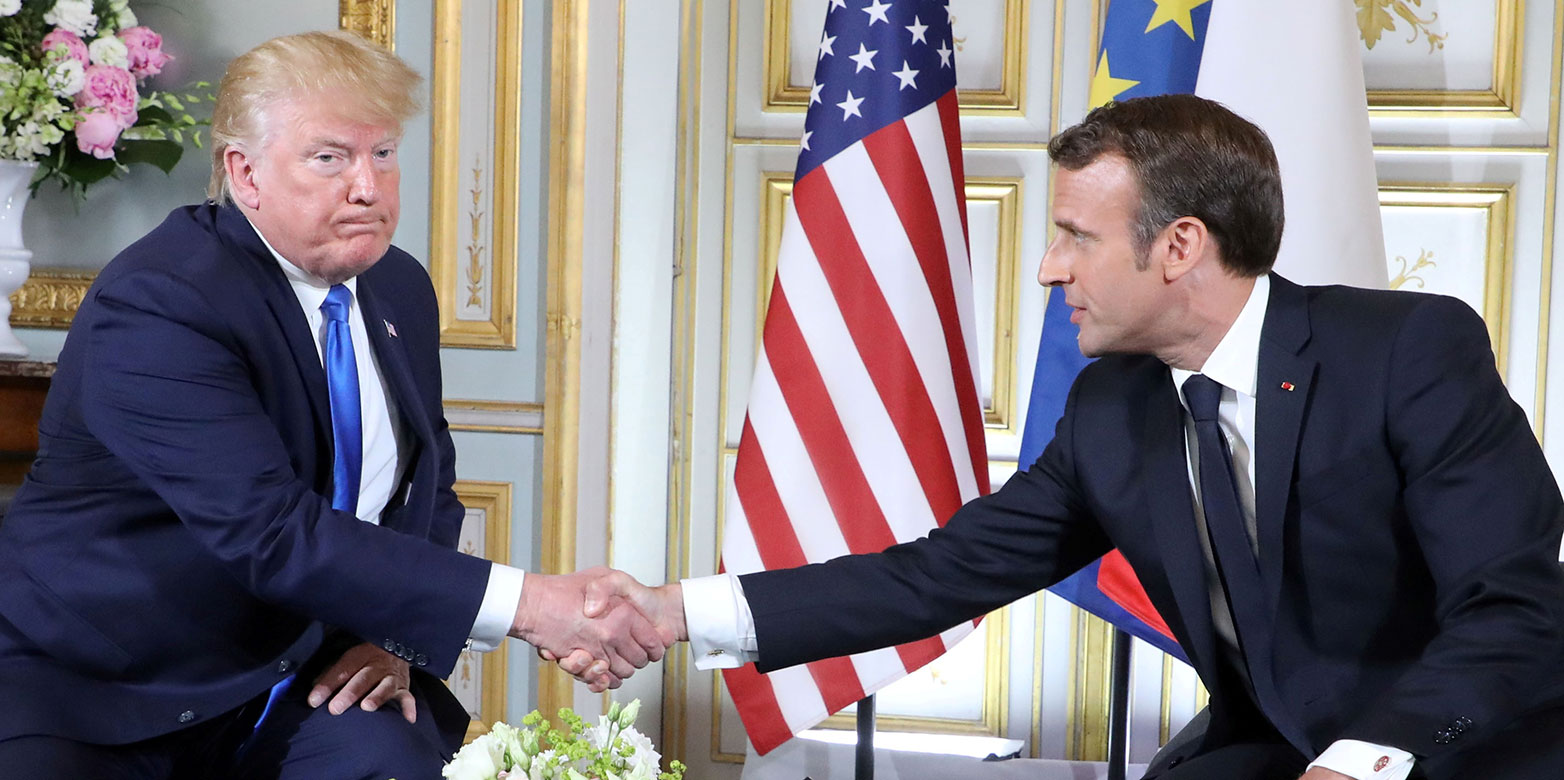European Strategic Autonomy and the US
Historically, the United States has been wary of initiatives designed to bolster Europe’s strategic autonomy; even now, the Trump administration is working to undermine it. Yet, in the long run, European strategic autonomy could form an indispensable component of a constructive transatlantic relationship.

After years of infrequent and half-hearted discussions, there is now a vigorous debate taking place among European policymakers and analysts about the extent to which Europe should embark on a long-term process designed to increase defense and security cooperation between European Union member states and bolster independent capabilities. Some countries are more enthusiastic than others – Poland, is uneasy about perceived US opposition, whereas France is the most vocal advocate – but the catalysts for the process are difficult to ignore. The international system is moving toward multipolarity and geopolitical competition is intensifying. More importantly, the United States is in at least gradual decline relative to other great powers – most notably China – and, against the backdrop of Donald Trump’s ambivalence about the transatlantic relationship, there is growing concern about the extent to which it will be willing to play a significant role in the future of European security.